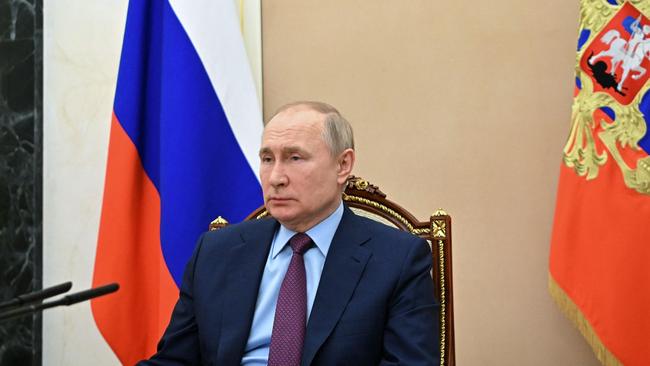
Trumpian acolytes, neoisolationist politicians and an emerging breed of “national conservative” ideologues are coalescing in an unlikely anti-war front of “Not in My Name” protest, urging US restraint toward Russian aggression in Eastern Europe.
Mike Flynn, who briefly served as President Trump’s national security adviser, has denounced the North Atlantic Treaty Organization as the real aggressor in Russia’s near-abroad; Josh Hawley, a Republican senator with presidential ambitions, has chosen this moment of peril to NATO to echo Vladimir Putin’s talking points about Ukraine’s putative membership; and in a recent New York Times op-ed, a trio of conservative commentators called more widely for a new, more modest and limited approach to American national security.

There’s nothing new about this. George Washington’s warning about foreign entanglements has been proved right so many times that a tradition of isolationism has become a repeated theme of conservative foreign-policy realism through American history.
But like all healthy injunctions, it can be misapplied. In the 1930s, it was understandable that, in a nation consumed by depression and bitter recollection of US engagement in World War I, conservatives chose a path that led to successive Neutrality Acts. Their effect was to tie the hands of Franklin D. Roosevelt until precisely the moment when the menace from the Axis powers was no longer addressable by tough diplomacy.
Since the historic ebb and flow of isolationism follows a pattern generated by immediate experience, it’s not surprising that after 20 years of almost continuous failure in American adventurism, conservatives should be sceptical of a suggestion of more. Wider loss of trust recently in institutions of government, intelligence, media and even military leadership also contributes to a weakening of support for a robust geostrategic approach.
More curiously, some of the thinking behind calls for restraint seems to be a moral equivalence — that the US has no standing to assert its values because American liberalism is so palpably awful. This has always been a left-wing critique of US policy but it’s troubling to hear conservatives now denouncing American values and urging respect for, say, China as a “civilisational equal,” as the Times trio put it.

The Middle Kingdom has been the source of extraordinary human progress over thousands of years, and conservatives are rightly alarmed at the advance of progressive cultural norms. But if you think the gulags of Xinjiang are somehow the “civilisational equal” of drag queen story hour, you probably need a new ideological lens.
The much larger objection to this modern recrudescence of conservative strategic restraint is that it’s a largely specious construct, resting on a platform of foggy incoherence.
Those calling for the Biden administration to step back from Ukraine have mobilised an army of straw men to make the case.
There isn’t a single serious person advocating that the US go to war with Russia to preserve the territorial integrity of Ukraine. There’s been wide agreement that Ukraine won’t join NATO at any foreseeable time. Most conservatives acknowledge that other NATO members have been craven in their eagerness to place their own economic interests ahead of security obligation — and happy to let America shoulder the burden again.
The choice isn’t whether to start World War III or surrender to Russian demands. It is how to define which US interests are at stake, and how to defend them, given limited resources and competing obligations.
Responding to a Russian “incursion” (thanks, President Biden) with robust economic sanctions, military supplies to Kiev and a stepped-up security wall around NATO isn’t about some abstract defence of liberal values or Ukrainian sovereignty, or even, important though it is, the credibility of NATO.
It’s about signalling to Vladimir Putin that America — and its chronically weak-willed allies — will finally resist his ambition to extend Russia’s ambit across Europe: because a world in which such a regime is expanding its reach isn’t a safe one for Americans.
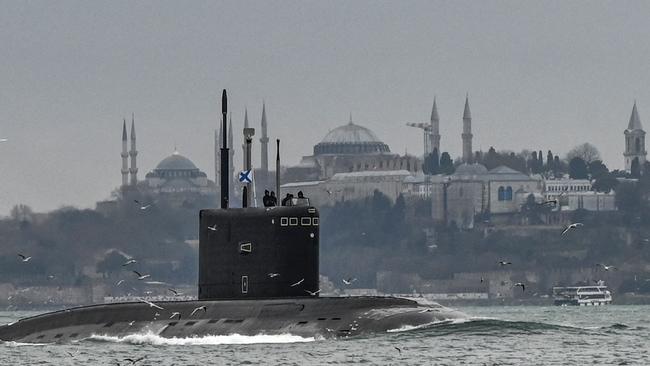
The Ukraine crisis is shattering the remaining illusions under which the West has sleepwalked dreamily for the past 30 years. Among these illusions are the cozy belief after the end of the Cold War that liberal democracy had permanently triumphed over alternatives and that our role now was to guide Russia, China and others along the inevitable path of progress; Europeans’ (and some Americans’) naive faith in a new world in which interstate conflict had been consigned to the 20th century; the hegemonic left’s faith in globalisation, in the fading away of borders and in the waning pursuit of national interest; the delusional obsession with climate change as a greater threat to our security than malevolent human actors, which has resulted in policies that undermined energy security while ceding a massive advantage to Russia, China and others.
It would be a cruel irony if conservatives, having warned correctly for so long about these illusions, now succumb to a larger one themselves, and decide that, because they’re not interested in war, war will leave them alone.
The Wall St Journal



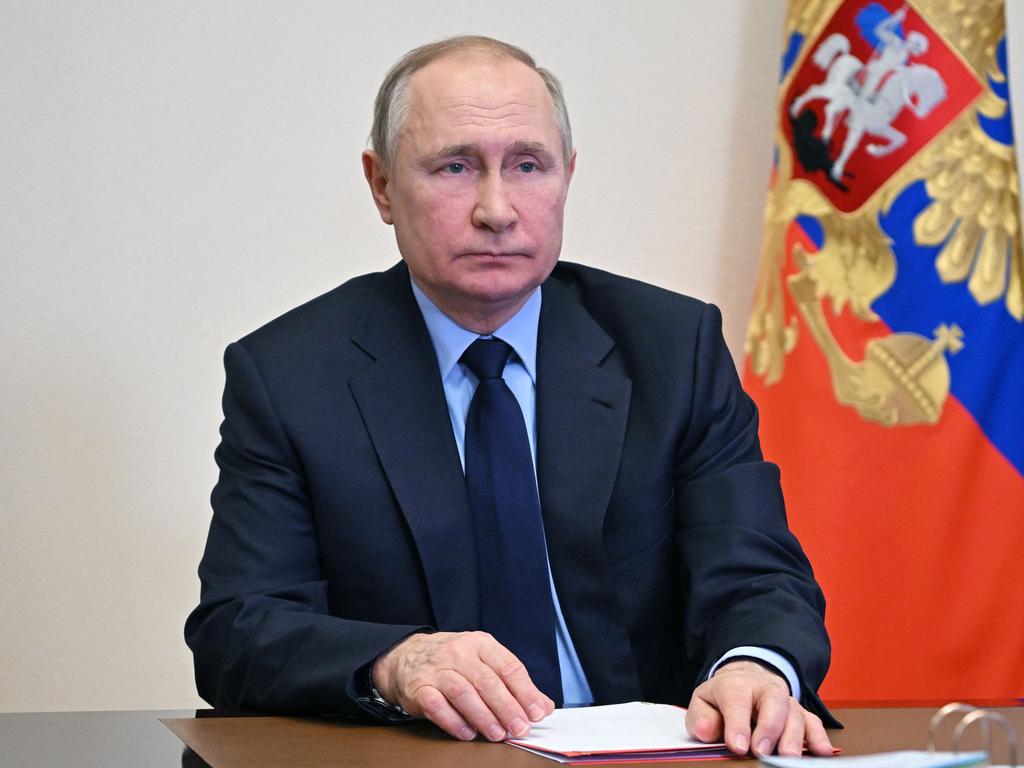

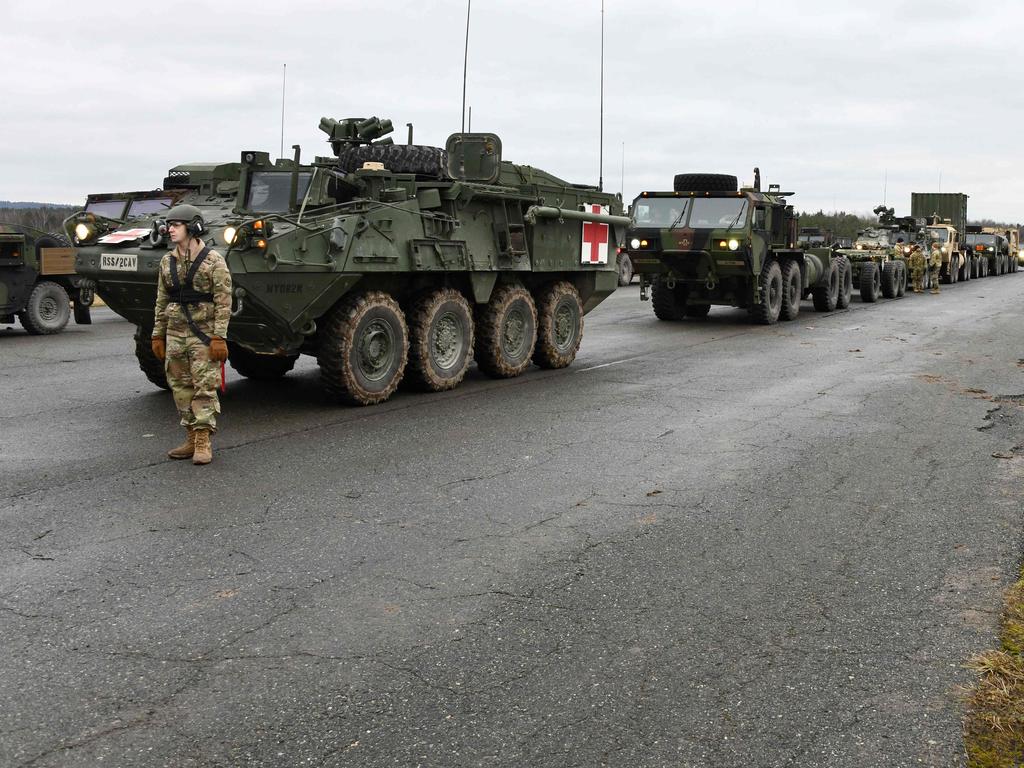
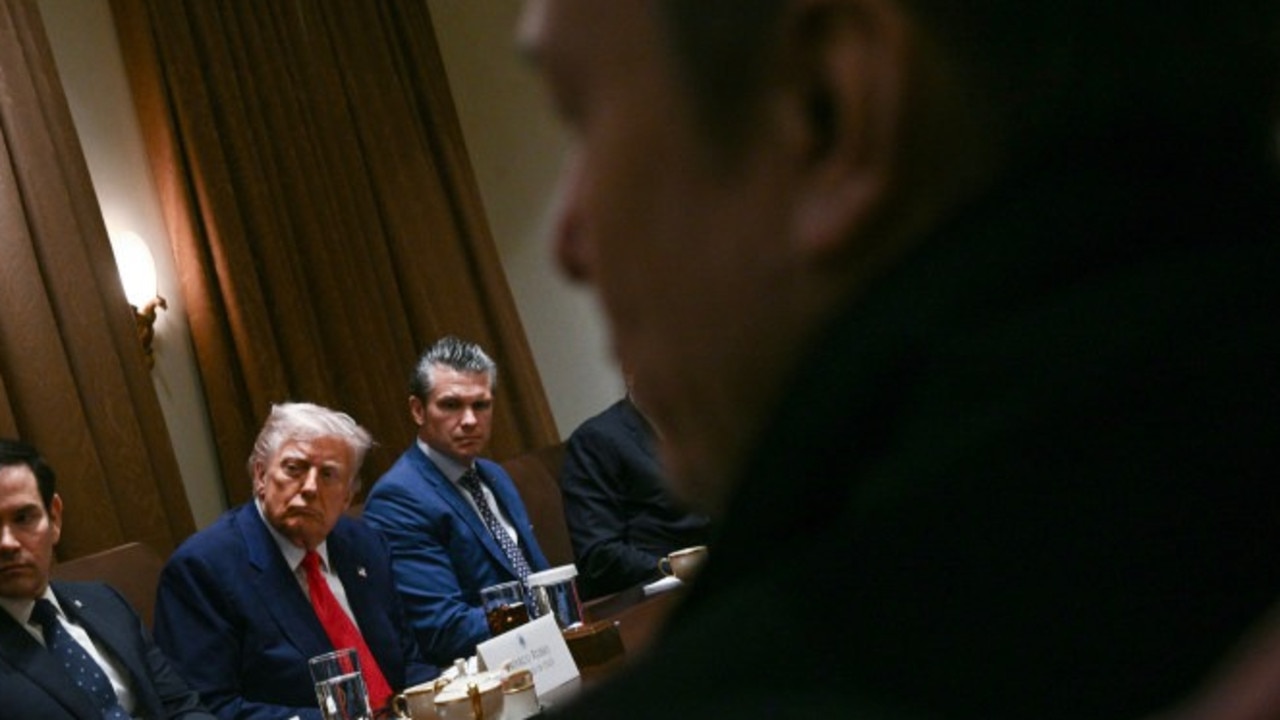

You may not be interested in war, but war is interested in you. You wouldn’t think conservatives would have much to learn from a famous axiom attributed in various forms to Leon Trotsky, especially on the illusory comforts of a fragile security, but with possible conflict in Ukraine looming, that old Bolshevik aphorism needs to be dusted off and read afresh to a new generation of improbable peaceniks.